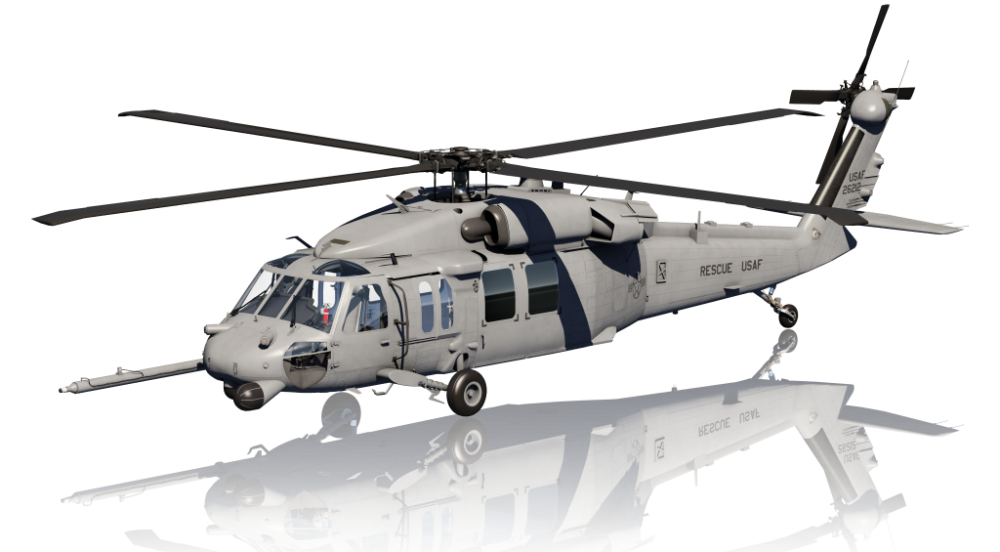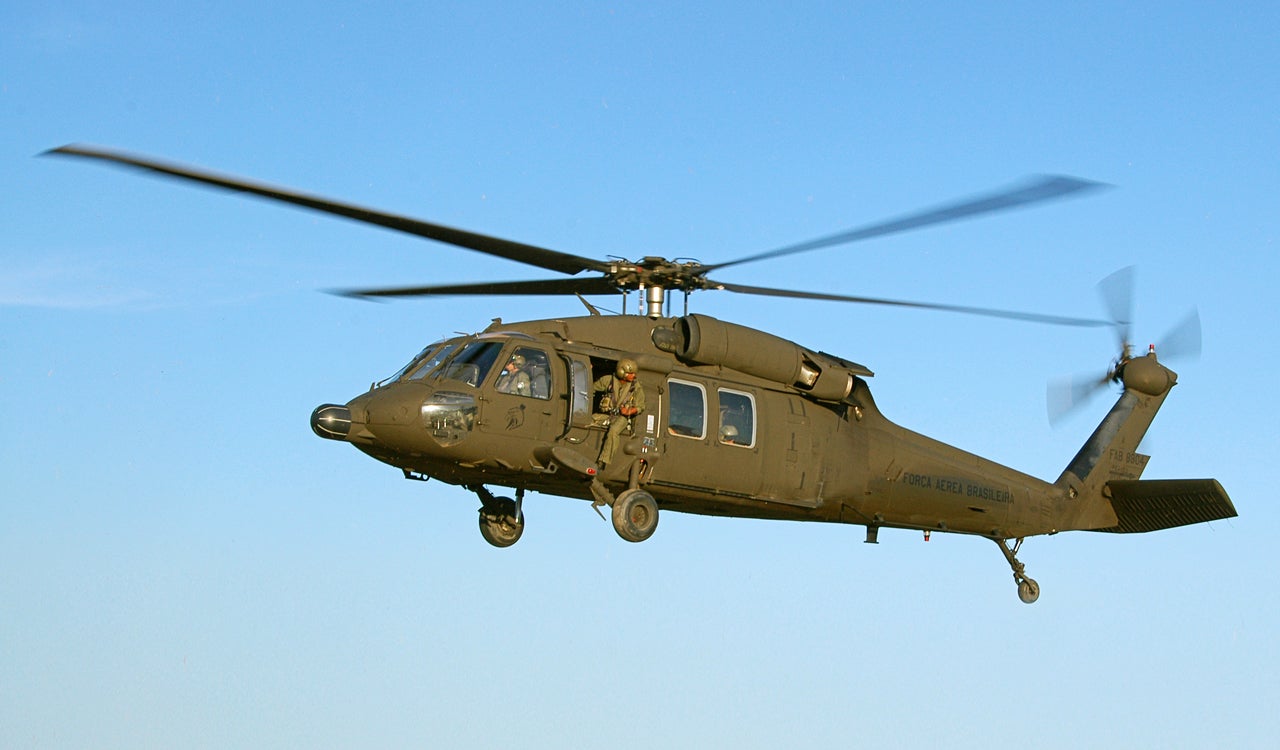The Effect of Sustainable Practices on the Future of Aircraft Operations and Emissions Decrease
As the aeronautics market faces raising examination over its environmental influence, the fostering of sustainable techniques becomes a crucial path towards future aircraft procedures and discharges decrease. Advancements in sustainable aviation gas and improvements in hybrid propulsion modern technologies stand at the leading edge of this transformation, encouraging substantial reductions in greenhouse gas exhausts. Nevertheless, the effective combination of these initiatives depends upon a variety of aspects, including regulatory frameworks and industry partnership. The concern continues to be: how will these progressing practices reshape the characteristics of flight and add to a much more lasting future?

Overview of Sustainable Practices
Sustainable practices in aircraft operations encompass a range of strategies targeted at reducing ecological influence while keeping functional effectiveness. These methods are vital in the air travel industry's commitment to decreasing its carbon impact and sticking to worldwide environmental standards. Trick campaigns consist of maximizing trip courses to minimize gas usage, improving maintenance methods to make certain airplane run at peak effectiveness, and executing advanced technologies such as winglets and light-weight products that enhance aerodynamics.

Educating and engaging team on sustainability practices also play a crucial duty, fostering a culture of environmental duty within organizations. In general, the combination of these lasting techniques not only helps in reducing exhausts yet also enhances the long-term practicality of the air travel industry, ensuring it fulfills the needs of both customers and regulatory bodies while adding to worldwide sustainability goals.
Ingenious Gas Alternatives
Numerous innovative gas choices are arising as pivotal solutions to decrease the air travel market's reliance on traditional nonrenewable fuel sources. Amongst these choices, Lasting Aeronautics Gas (SAFs) have actually gotten substantial focus because of their prospective to reduce lifecycle greenhouse gas discharges by as much as 80% compared to conventional jet fuels. SAFs are stemmed from numerous feedstocks, consisting of waste oils, agricultural residues, and also algae, making them a functional choice for the market.
One more promising choice is hydrogen gas, which, when used in gas cells, generates just water vapor as a byproduct. In addition, electrical propulsion systems are being explored, leveraging battery modern technology to power aircraft.
Last but not least, biofuels stemmed from biomass are being checked out, providing an eco-friendly choice that can be combined with traditional fuels. Collectively, these ingenious gas options represent a crucial action towards achieving a lasting air travel environment, straightening with global exhausts reduction targets and boosting the industry's ecological stewardship.
Technological Innovations in Aviation

Just how can technological developments improve the future of aeronautics? Technologies such as hybrid and electric propulsion systems are at the leading edge, appealing substantial reductions in gas intake and greenhouse gas exhausts.
In addition, the execution of sophisticated materials, such as light-weight composites, adds to enhanced aerodynamics and gas efficiency. The usage of expert system and device knowing in trip operations enhances course planning and lowers gas melt by enabling real-time modifications based on weather condition and traffic problems. In addition, the advancement of autonomous and from another location piloted airplane systems stands to transform freight and passenger transportation, possibly enhancing performance while decreasing human mistake.
Additionally, lasting aviation modern technologies, including sophisticated air web traffic management systems, can enhance procedures and decrease congestion, causing lower emissions during flight. These developments collectively represent a paradigm shift in aviation, promising a future where sustainability and functional performance are intertwined, thus sustaining the market's commitment to decreasing its check out this site ecological influence.

Regulative Structure and Compliance
Taking into account the growing emphasis on environmental stewardship within the aeronautics industry, the regulative framework regulating aircraft operations is developing to advertise sustainable methods. Governing bodies, such as the International Civil Aeronautics Company (ICAO) and various national air travel authorities, are presenting strict standards aimed at reducing emissions and improving operational efficiency.
These regulations often include the adoption of Sustainable Aviation Gas (SAF), which has been acknowledged as a vital part in achieving lower carbon footprints. Additionally, compliance with these regulations requires dig this airline companies to execute sophisticated modern technologies and functional practices, such as enhanced trip paths and boosted air traffic administration, to lessen fuel consumption.
Furthermore, the enforcement of exhausts trading plans and carbon offsetting campaigns is becoming increasingly common, compelling airlines to keep an eye on and report their discharges accurately. Non-compliance can cause considerable charges, thus pushing drivers to focus on sustainability in their business versions.
Inevitably, the progressing regulative landscape not only drives technology and financial investment in environment-friendly innovations but also fosters a culture of accountability within the aviation market. As these frameworks remain to create, the emphasis on sustainable methods will certainly be indispensable to accomplishing the industry's long-term ecological objectives.
Future Trends in Airplane Workflow
As the aviation market adapts to an increasingly rigid regulatory environment, future fads in airplane procedures are readied to concentrate on ingenious options that further enhance sustainability and effectiveness - uh 60. Trick advancements will likely consist of the adoption of sophisticated air website traffic administration systems, which use real-time information and expert system to optimize trip courses, lowering fuel consumption and emissions
An additional substantial fad is the boosted combination of sustainable air travel gas (SAFs) These alternatives to conventional jet fuel, derived from sustainable resources, can significantly reduce lifecycle greenhouse gas discharges. The industry's commitment to SAFs will likely accelerate as airlines collaborate with gas producers to make sure availability and cost-effectiveness.
In addition, the push in the direction of electrification and crossbreed propulsion systems is getting momentum. Arising aircraft layouts will certainly incorporate these innovations, supplying quieter and extra effective operations, specifically for short-haul trips.
Verdict
The fostering of sustainable air travel fuels, combined with advancements in electrical and hybrid propulsion systems, is vital for minimizing lifecycle greenhouse gas discharges. Optimizing flight courses and accepting cutting-edge modern technologies Get More Information contribute to a quieter and more environmentally pleasant air travel field.
Technologies in sustainable air travel fuels and improvements in crossbreed propulsion modern technologies stand at the forefront of this makeover, promising considerable reductions in greenhouse gas discharges.Countless ingenious fuel choices are arising as pivotal solutions to lower the air travel industry's dependence on conventional fossil fuels - uh 60. Among these choices, Sustainable Air travel Gas (SAFs) have acquired significant focus due to their potential to reduce lifecycle greenhouse gas exhausts by up to 80% contrasted to conventional jet gas.One more substantial fad is the raised combination of lasting air travel fuels (SAFs) The fostering of sustainable aeronautics gas, paired with innovations in electrical and hybrid propulsion systems, is necessary for reducing lifecycle greenhouse gas exhausts